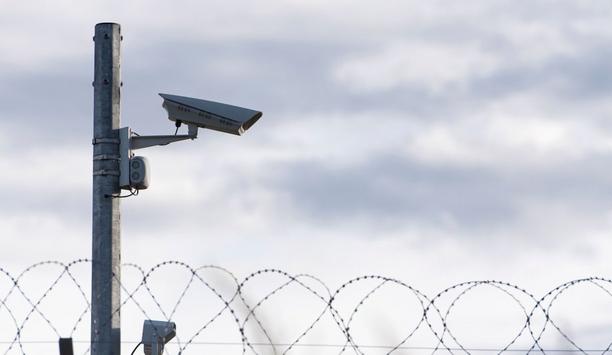 |
| ISM's PSIM Genesys2 was chosen for flexible Lockdown system at the hospital |
Assaults against NHS staff have increased considerably in the past few years with fears that extended waiting times and workforce cutbacks are to blame. Often these attacks don’t result in a successful prosecution against the perpetrators. ISM were approached by Birmingham City Hospital to help address this rising problem and to provide a major incident control software solution for the impending Olympic games. ISM recommended Genesys2, their market leading integrated security management software.
ISM’s PSIM Genesys2 was chosen when the security team at the Sandwell and West Birmingham Hospital NHS Trust were exploring the options for a flexible Lockdown system at the City Hospital, Birmingham. In the event of a major incident involving wide spread contamination or an assault against a staff member, they had to be able to lockdown the entire accident and emergency department.
The brief from the Trust was precise and exacting. For example, the system had to provide instant and simultaneous Lockdown in the assigned areas and perform Partial, Portable, Progressive or full lockdown from one control point. It had to utilise the existing access control and have an ‘access override’ feature restricted to authorised NHS staff. Given the widespread austerity measures imposed on public services, the system had to be cost effective with low maintenance costs. It had to demonstrate cost efficiencies through a better, more targeted use of security and other staff and it had to be scalable.
Peter Finch, Security Advisor at the Trust said, “I am delighted with the work of ISM. We can now lockdown a number of doors simultaneously within our lockdown profile at City Hospital in a split second. This is vital if we are to protect our patients, our staff and members of the public, not to mention our hospital site from the impact of a terrorist attack or a major incident. ”
With Genesys2 successfully installed, Phase 2 is now in progress.
“Genesys integrates with our existing access control system which is vital,” continues Peter. “It means we only need deploy minimal security resources to maintain the security of our site and we can protect our healthcare delivery from unanticipated interruptions.”


















